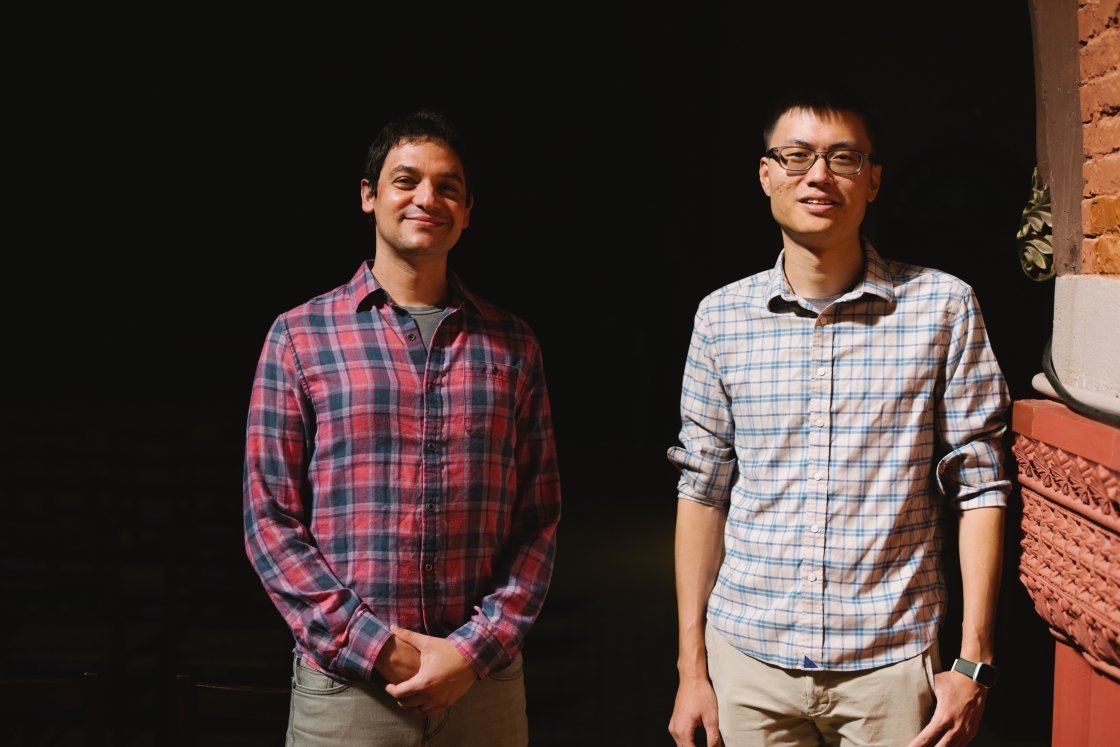A match-up of presumptive presidential nominees Democrat Hillary Clinton and Republican Donald Trump shows Clinton with a slight lead of 33.7 percent to 29.4 percent among New Hampshire voters, with 36.8 percent of respondents unsure, according to a poll by The Nelson A. Rockefeller Center for Public Policy and the Social Sciences at Dartmouth College.
The Rockefeller Center Policy Research shop’s ninth annual New Hampshire State of the State Poll assessed voter opinions on policy issues, elected officials and the state of the economy in New Hampshire and the United States overall.
Clinton’s Democratic challenger, Sen. Bernie Sanders, has a 20 point lead over Trump — 49.0 percent to 28.4 percent, with 22.7 unsure, in the poll of 362 registered New Hampshire voters conducted April 11-15.
“The poll results for both the presidential race and the contest for the U.S. Senate seat clearly identify New Hampshire as a battleground state in the 2016 election cycle,” says Professor Ronald Shaiko, senior fellow and associate director of curricular and research programs at the Rockefeller Center. “We can expect a great deal of attention to be paid to the state in terms of national media coverage as well as a significant influx of outside money into the state on behalf of and in opposition to candidates in both races.”
Republican Sen. Kelly Ayotte has a narrow lead over New Hampshire Gov. Maggie Hassan, a Democrat, in a 2016 U.S. Senate matchup, but Ayotte’s unfavorability rating increased by nearly 7 percent over last year, while Hassan’s rating held steady. One issue that crosses partisan lines in New Hampshire is concern about the opioid crisis. A large majority of respondents (75.0 percent) say the opioid problem was “very serious.” Respondents were then asked how effective the state has been in handling the epidemic -- 45 percent said “not at all effective,” 34 percent said “somewhat effective” and 2.4 percent said “very effective.” Half of the respondents (50.1 percent) indicated they know someone affected by the opioid problem, while 47.5 indicated no personal connection.
The poll was designed to help Dartmouth undergraduates apply what they learn in the classroom to the real world of public policymaking, says Andrew Samwick, director of the Rockefeller Center, which seeks to educate, train, and inspire the next generation of public policy leaders. To view the full poll results, click here.
The poll was designed to help Dartmouth undergraduates apply what they learn in the classroom to the real world of public policymaking, says Andrew Samwick, director of the Rockefeller Center, which seeks to educate, train, and inspire the next generation of public policy leaders. To view the full poll results, click here. ### Broadcast studios: Dartmouth has TV and radio studios available for interviews. For more information, visit: Broadcast studios:

